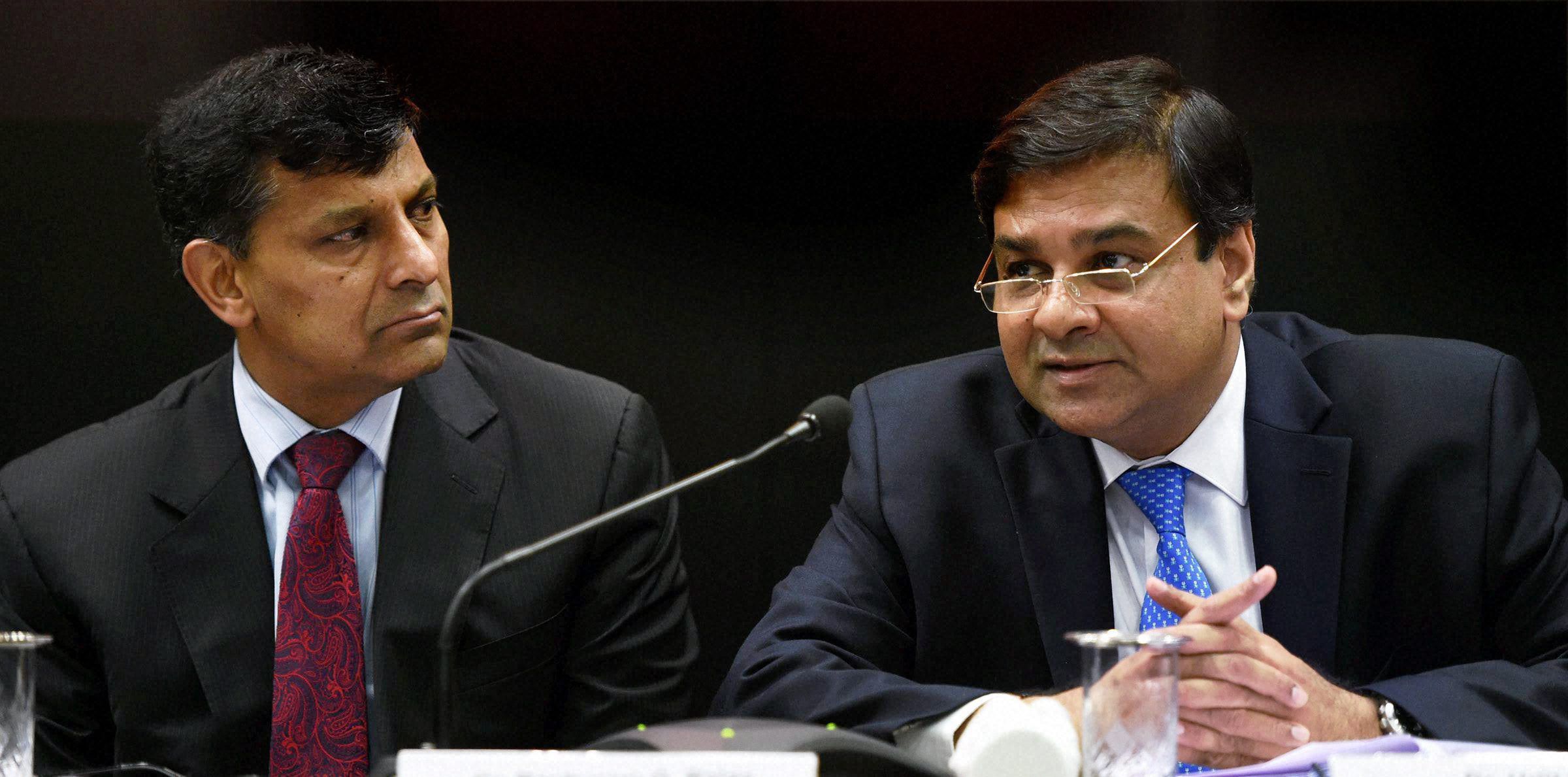Change of Guard
November 8, 2016 | Expert Insights
Continuity. That's the buzzword around India's new central bank governor Urjit Patel.
It's quite a departure from the fireworks that accompanied his predecessor Raghuram Rajan's appointment and surprise resignation. The Kenyan-born, Western-educated Mr Patel will take the reins at the Reserve Bank of India next month.
He is expected to maintain much of the policy status quo but with less rocking of the political boat.
Other contenders for the post included ex-governor Rakesh Mohan, ex-deputy Subir Gokarn and State Bank of India chairperson Arundhati Bhattacharyya.
His appointment sends the right message, according to Vivek Dehejia, an economics professor at Carleton University in Canada and the co-author of Indianomix.
"Patel will be a classical central banker who will speak only on issues within his remit. And that is what a central governor should be doing," he told the BBC.
"The position of a central banker is to talk about monetary policy and he will hopefully not use that position as a bully pulpit."
Political agendas
Mr Rajan, whose good looks and eloquence helped generate a "rock star" reputation, is bowing out under a cloud following very public clashes with the government.
Sharply critical at times about India's crony capitalism, he reportedly ruffled too many feathers and ended up feeling undermined at the RBI. But most market watchers agree that he left India's economy in better shape than when he came in.
Three years ago, the Indian rupee was in freefall against the US dollar, inflation was raging at double-digit rates and the banks were burdened by a mountain of bad debt.
Mr Rajan moved quickly to implement a tight monetary policy, address the current account deficit and reform the Indian banking sector. Once considered one of the world's "fragile five" economies, India is now among the fastest-growing.
Vishnu Varathan from Mizuho Bank believes that "political agenda and vested interest" usurped economic sensibility in India and that Mr Rajan should not have been let go before serving a second term.
"Extending the tenure of central bankers is ordinarily a given, and justifiably so, in view of long lags in monetary policy transmission alongside the need to manage policy through business cycles," he told the BBC.
"Opting to let Rajan's term expire risks being construed as a politically motivated move to rein in central bankers with an independent streak not aligned with the establishment - a perception reinforced by public criticisms of Rajan by politicians."


